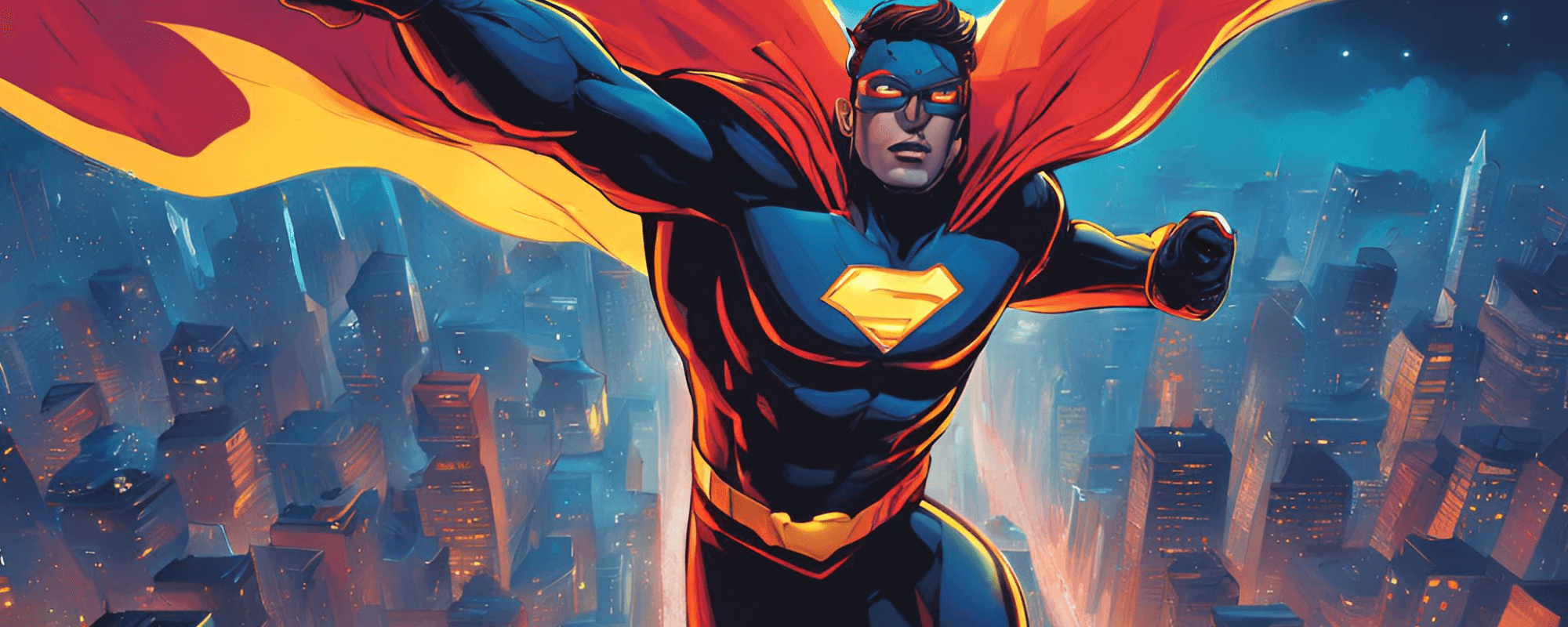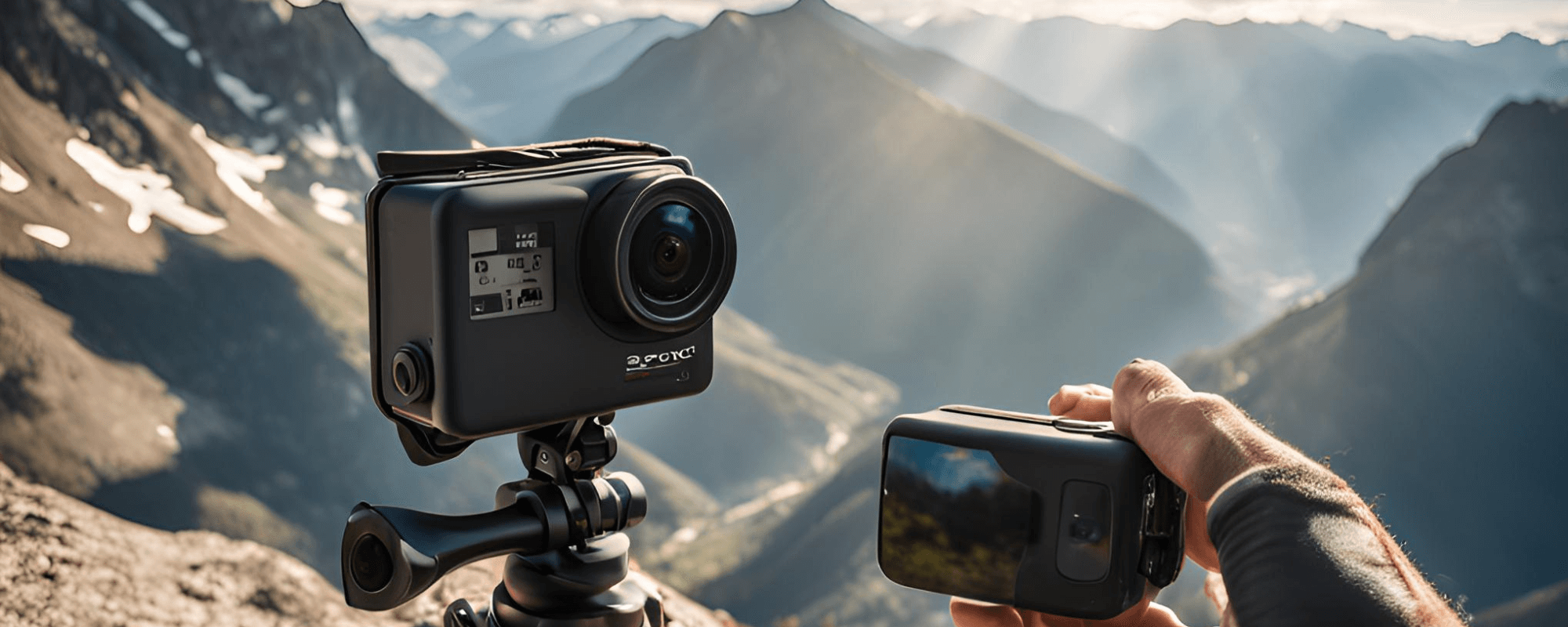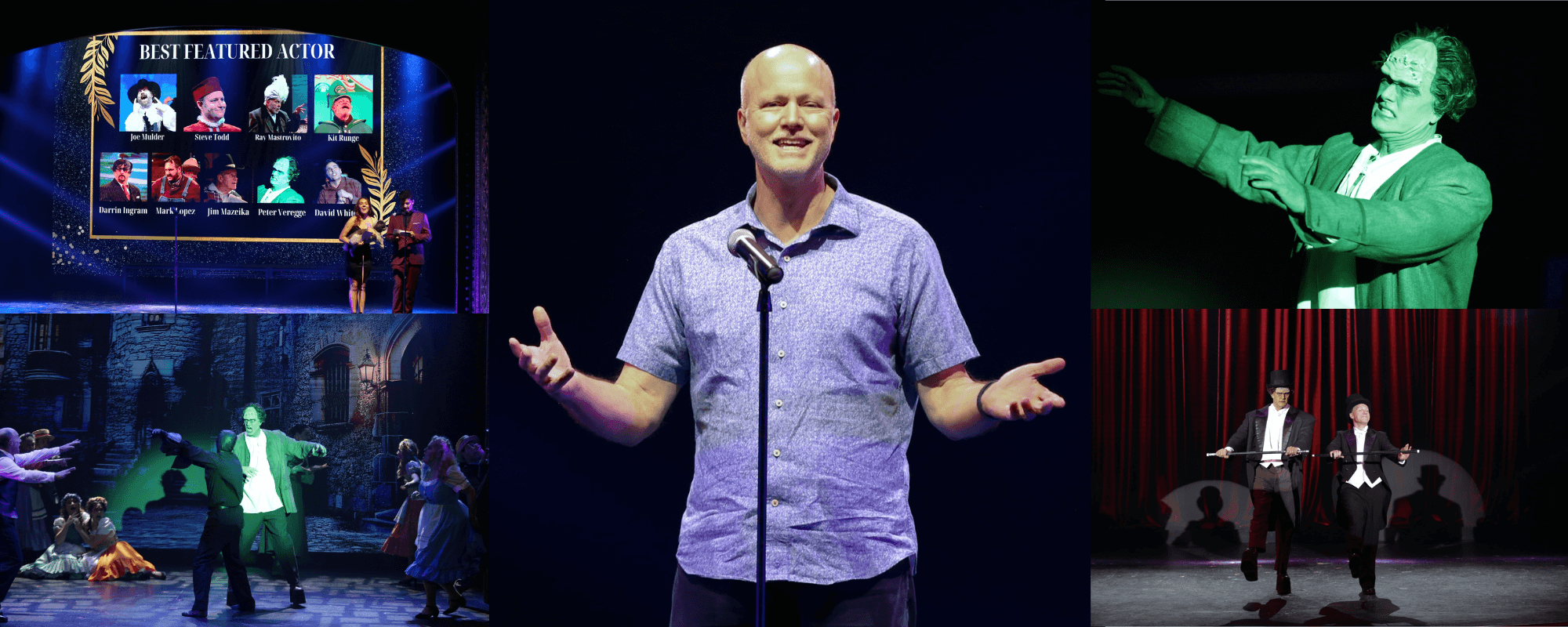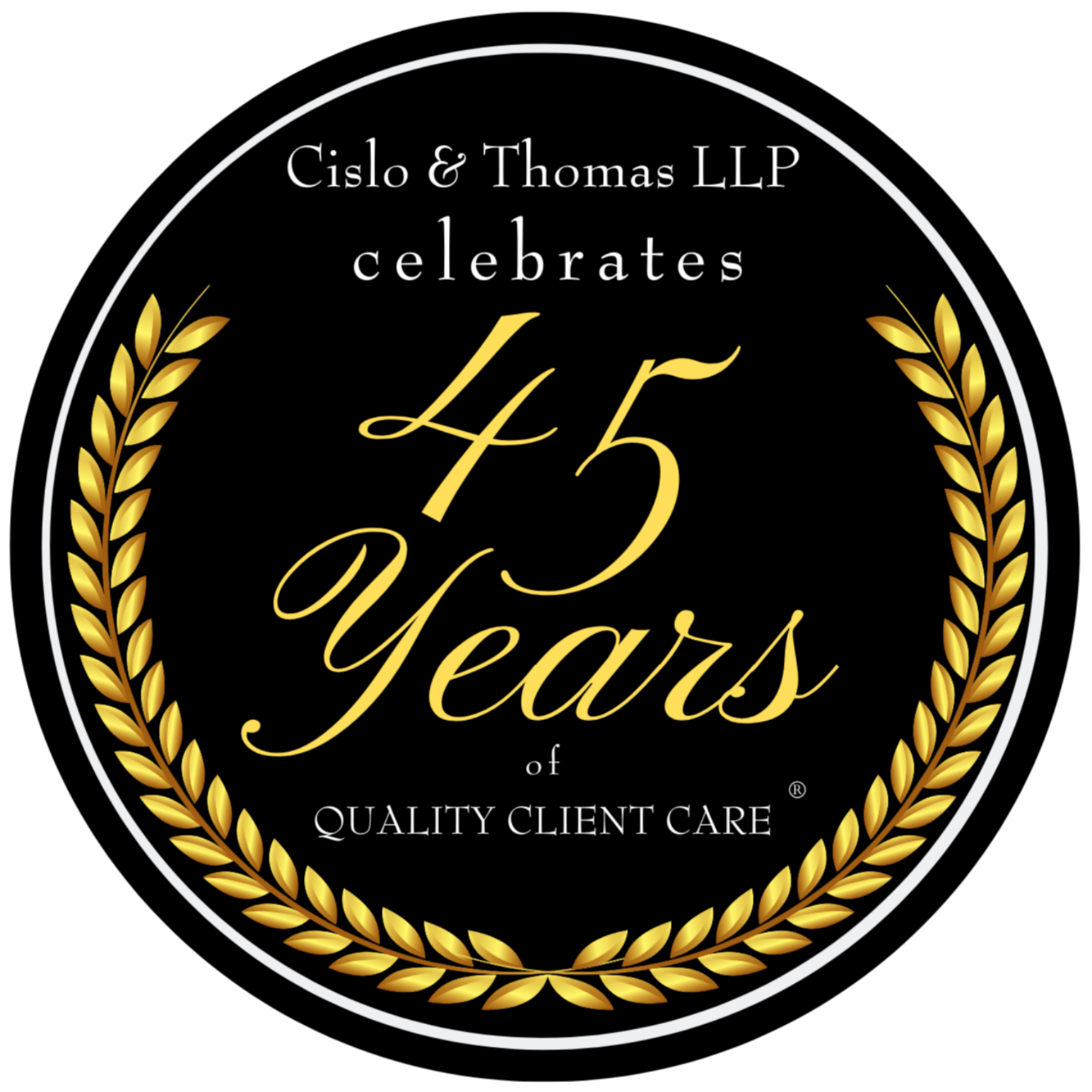C & T Newsletters
September 2024
U.S. Trademark Office Cancels Marvel and DC’s ‘Super Hero’ Trademarks
Takeaway: The U.S. Trademark Office canceled Marvel and DC’s joint “Super Hero” trademarks after a request by comic artist, S.J. Richold, whose company argued that the trademarks should not monopolize an entire genre. We can all be “super heroes” now!

A tribunal from the U.S. Trademark Office has canceled Marvel and DC’s joint “Super Hero” trademarks after a request by S.J. Richold, a London-based comic book artist, and his company, Superbabies Ltd. Marvel and DC did not respond to the request to invalidate the marks, which led to the ruling in favor of Superbabies.
Superbabies’ lawyer, Adam Adler, praised the decision as a victory for creativity, arguing that making “Super Heroes” a public domain term ensures it’s accessible to all creators. Marvel and DC have held federal trademarks on “Super Hero” and “Super Heroes” since 1967 and have used them to oppose numerous trademark applications. Richold’s company, which features superhero babies called “Super Babies,” faced legal threats from DC, prompting the petition to cancel the marks. Superbabies claimed Marvel and DC should not control an entire genre or jointly own trademarks.
Spotify Loses Infringement, But Wins Indemnification in Eminem Copyright Case Due to Misrepresentation of Licensing Authority
Takeaway: A court ruled that Spotify infringed on Eminem’s publisher Eight Mile Style’s copyright by streaming songs without proper licenses, but granted Spotify indemnification from its administrator, Kobalt, for legal fees due to misrepresentation of licensing authority. It is so important to make sure you license rights from the proper authority and also that the authority only licenses rights it actually has.

In a copyright infringement case brought by Eminem’s music publisher, Eight Mile Style, against Spotify, the court found that Spotify did not secure proper mechanical licenses for Eight Mile’s musical works before making them available for streaming. However, the publisher’s claims were barred by equitable estoppel and Spotify was entitled to indemnification from Eight Mile’s administrator, Kobalt, for its legal fees.
Eight Mile owns over 200 compositions popularized by Eminem. In 2009, Kobalt registered the compositions with the Harry Fox Agency (HFA), but did not correct the registrations when the rights were assigned to another party, Bridgeport Music. Since launching in 2011, Spotify streamed these compositions and paid royalties to Kobalt, which Spotify believed had licensing authority.
Spotify claimed it had properly licensed the works through agreements with Kobalt, including a 2016 blanket mechanical licensing agreement (BMLA), but the court disagreed. It ruled that Kobalt lacked the authority to license the compositions as the rights had been transferred to Bridgeport in 2011.
Despite finding strong grounds for copyright infringement, the court applied the defense of equitable estoppel, ruling that Eight Mile knew of Spotify’s streaming activities but delayed action, likely to accumulate leverage for a more favorable settlement. The court also determined that Spotify relied on Kobalt’s misrepresentation of licensing authority.
Ultimately, Spotify won its indemnification claim, as the court ruled that Kobalt was responsible for managing the licensing and misrepresenting its authority. Kobalt was ordered to cover Spotify’s legal fees for the dispute.
Federal Circuit Revives Contour’s Video Camera Patents in GoPro Infringement Case
Takeaway: The Federal Circuit reversed a lower court’s decision that invalidated two video camera patents held by Contour IP Holding LLC, ruling that the patents involve technological improvements related to parallel streaming of video and were not just abstract ideas. The Federal Circuit provides a roadmap of how to patent technology which might seem abstract.

The Federal Circuit recently reversed a ruling that invalidated two video camera patents held by Contour IP Holding LLC, which GoPro Inc. was accused of infringing. The appeals court determined that these patents involved technological improvements rather than just abstract ideas, contrary to a previous ruling by U.S. District Judge William H. Orrick III.
The patents in question pertain to point-of-view (POV) cameras used in action sports, specifically technology that allows users to record high-quality video while streaming a lower-quality version to a mobile device for real-time adjustments. The Federal Circuit emphasized that the patents represent a “technological solution to a technological problem,” particularly highlighting the innovative parallel streaming of video at different resolutions.
The Court’s decision revives a case dating back to 2015, where GoPro was already found to infringe one of the patents. The ruling noted that the district court had improperly characterized the patents at too high a level of generality. The Federal Circuit’s opinion allows the case to return to the lower court for further proceedings, where GoPro could face additional arguments regarding the patents’ validity.
Contour’s attorney expressed confidence in the case and looks forward to demonstrating the strength of the patents and potential damages in front of a jury. The patent eligibility test has been difficult to apply consistently, but this decision provides reasonable guidance for patents involving digital and software innovations, especially where the patent offers a specific, innovative solution to a technological problem.
Artist Sues U.S. Copyright Office Over Denial of AI-Assisted Artwork Protection
Takeaway: Jason M. Allen is suing to overturn a U.S. Copyright Office decision that denied copyright protection for his AI-assisted artwork, arguing that his creative input in using the AI tool Midjourney qualifies the work for protection. For now the Copyright Office will not allow copyright protection for AI generated works.

Jason M. Allen filed a lawsuit in a Colorado federal court seeking to overturn a U.S. Copyright Office decision that denied copyright protection for his AI-generated image, “Theatre D’opera Spatial.” Allen argued that the image, which won the Colorado State Fair’s art competition in 2022, represents his creative expression, as he used the AI system Midjourney alongside Adobe Photoshop to craft it. However, the Copyright Office rejected his application because Allen refused to disclaim the AI-generated portions. The office had previously rescinded copyrights for other AI-generated works, maintaining that the human input was insufficient for copyright protection. Allen’s lawsuit contends that his creative input should qualify for such protection, comparing it to other forms of artistic authorship.
Copyright Clash: Miley Cyrus Faces Lawsuit Over “Flowers” Allegedly Borrowing from Bruno Mars’ “When I Was Your Man”
Takeaway: Tempo Music Investments has filed a copyright infringement lawsuit against Miley Cyrus, claiming her Grammy-winning song “Flowers” improperly replicated melodic and lyrical elements from Bruno Mars’ “When I Was Your Man.” Even song writers and performers must be careful to make sure their creations are original or properly licensed.

Tempo Music Investments has filed a copyright infringement lawsuit against Miley Cyrus, claiming her hit song “Flowers” is too similar to Bruno Mars’ “When I Was Your Man.” The lawsuit, lodged in California, names Cyrus, her co-writers, and several music companies as defendants, accusing them of unauthorized use of Mars’ song. Tempo Music, which acquired rights to Mars’ song through songwriter Philip Lawrence’s catalog in 2020, argues that “Flowers” duplicates several melodic and lyrical elements from Mars’ 2012 ballad.
The complaint highlights similarities, especially in the chorus of “Flowers” and parts of Mars’ song, including themes of buying flowers and emotional connections. Tempo Music alleges that Cyrus and the other defendants did not seek permission to use these elements and are seeking a permanent injunction against the performance and distribution of “Flowers,” along with damages for lost profits and legal fees.
Cyrus won two Grammy Awards for “Flowers” earlier this year, including record of the year, and expressed gratitude for the recognition while emphasizing the importance of personal experiences over accolades.
Court Affirms Trade Secret Misappropriation in Compulife v. Newman Case
Takeaway: In the case of Compulife Software, Inc. v. Newman, the 11th Circuit ruled that the defendants misappropriated Compulife’s trade secrets by scraping data from its public website, leading to damages of over $550,000 for Compulife. Extreme caution must be used when data scraping others’ websites.

In the case of Compulife Software, Inc. v. Newman, decided by the 11th Circuit on August 1, 2024, the court examined the legality of data scraping from a public website in relation to trade secret misappropriation. Compulife Software, Inc., known for its life insurance quote services, operates a website that allows users to access life insurance quotes through its proprietary database. The case arose when competitors, running a site called the “Life Insurance Quote Engine,” allegedly scraped data from Compulife’s site, prompting the company to claim that its trade secrets had been misappropriated.
The court explored the definitions of misappropriation under the law, which includes the improper acquisition or use of trade secrets. It delved into the nuances of web scraping, a widely used method in business for data extraction, questioning whether this practice could be classified as “improper means.” Proper means of acquiring trade secrets include methods like independent invention and reverse engineering, while improper means may involve unlawful actions like theft or deception. The court referenced a previous ruling in E. I. du Pont de Nemours & Co., Inc. v. Christopher, where lawful actions were deemed improper due to their violation of trade secret protections.
Ultimately, the 11th Circuit sided with Compulife, concluding that the defendants’ scraping practices were deceptive and harmful to fair competition, akin to the misconduct found in the Christopher case. The ruling underscored the substantial financial losses Compulife incurred as a result of the scraping, leading to an award of $184,225.87 in compensatory damages and $368,451.74 in punitive damages. This case reaffirms the legal safeguards surrounding trade secrets in the digital landscape, emphasizing the need for ethical data practices in the business community.
Cislo & Thomas LLP Spotlight
High Street Arts Center’s Best Featured Actor Award: Peter Veregge
Our Cislo & Thomas family would like to congratulate our very own Peter Veregge, Esq. on winning the “Best Featured Actor” award for his performance as “The Monster” in High Street Arts Center’s rendition of the 1974 film Young Frankenstein.
We are so proud of you Peter!

Cislo & Thomas LLP Celebrates 45 Years of Service
We are proud to celebrate 45 years of dedicated service in providing exceptional strategic counsel that empowers our clients to thrive in today’s competitive, innovation-driven world. We would like to recognize and thank our staff members, attorneys, and clients who have contributed to our company’s success over these last 45 years!

Previous Newsletters



